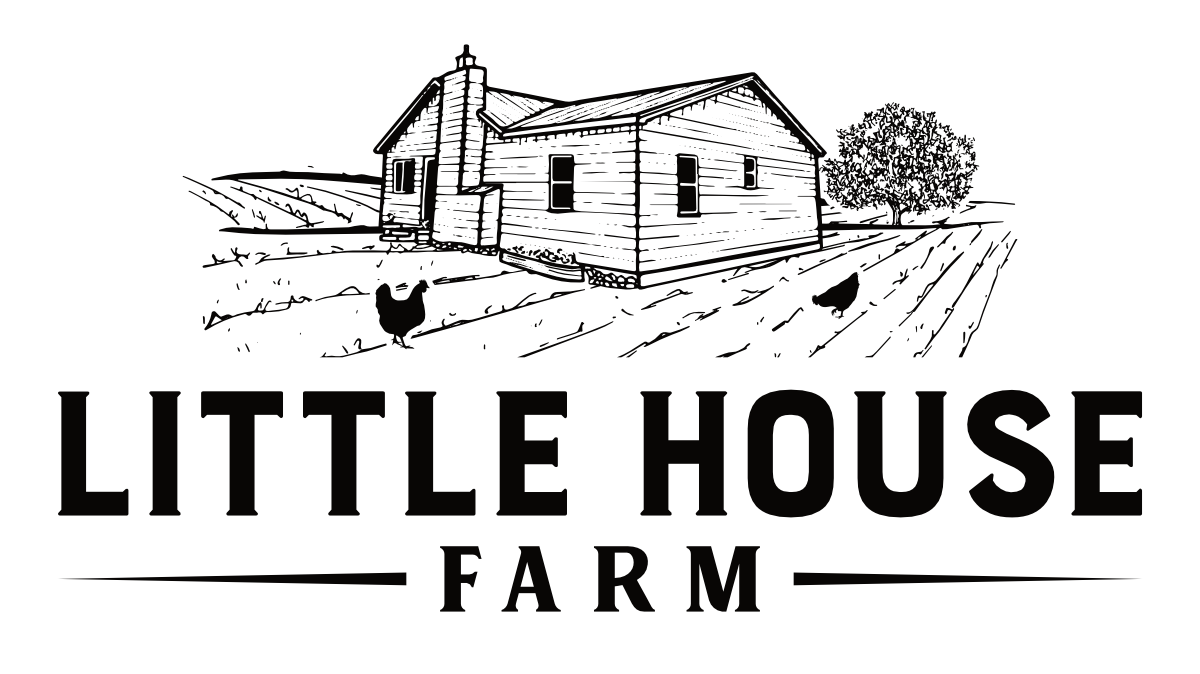Feeding your backyard chickens a varied diet not only keeps them happy but can also contribute to their overall health and productivity. One treat that has gained popularity among poultry enthusiasts is whole black oil sunflower seeds (BOSS), still in the shell, raw and unsalted. But are these seeds beneficial for your flock? How much should you offer, and are there any risks involved? In this blog post, we’ll explore the advantages and considerations of feeding BOSS to your chickens.
The Benefits of Feeding Black Oil Sunflower Seeds to Chickens
1. High-Energy Source
Black oil sunflower seeds are rich in fat, providing a high-energy snack that can be especially beneficial during colder months when chickens expend more energy to stay warm.
2. Nutrient-Rich
BOSS is packed with essential nutrients:
- Protein: Supports muscle development and egg production.
- Healthy Fats: Promote energy and aid in the absorption of fat-soluble vitamins.
- Vitamins and Minerals: Contains vitamin E, B vitamins, iron, and selenium, which support immune function, feather quality, and overall health.
- Antioxidants: Vitamin E acts as an antioxidant, protecting cells from oxidative stress.
3. Improved Feather Quality
The high fat content and essential fatty acids in BOSS can contribute to glossy, healthy feathers. This is particularly helpful during molting season when chickens shed and regrow feathers.
4. Encourages Natural Foraging Behavior
Scattering sunflower seeds encourages chickens to scratch and peck, promoting natural behaviors that keep them active and engaged.
5. Supports Egg Production
The additional protein and energy from BOSS can support hens during laying periods, potentially improving egg size and shell quality.
How Much Black Oil Sunflower Seed Is Appropriate?
While BOSS offers many benefits, moderation is key to prevent dietary imbalances:
- Portion Size:
- Offer BOSS as a treat, making up no more than 10% of the chickens’ total daily diet.
- A general guideline is to provide a small handful of seeds per 5-6 chickens per day.
- Frequency:
- BOSS can be given daily in small amounts or a few times a week.
- During colder months or molting season, you might slightly increase the amount to provide extra energy.
- Feeding Method:
- Scatter the seeds on the ground to encourage foraging.
- Mix the seeds into their regular feed to ensure all chickens have access.
Potential Risks and Considerations
1. High Fat Content
- Obesity Risk: Excessive consumption of high-fat seeds can lead to overweight chickens, which may cause health issues like fatty liver disease.
- Dietary Imbalance: Overfeeding BOSS can dilute the nutritional balance of a formulated feed, leading to deficiencies in essential nutrients.
2. Cost Considerations
- BOSS can be more expensive than regular chicken feed, so feeding large quantities may not be cost-effective for some poultry keepers.
3. Mold and Spoilage
- Storage: Store seeds in a cool, dry place to prevent mold growth, which can produce toxins harmful to chickens.
- Feeding Fresh Seeds: Only offer as much as your chickens will consume in a day to avoid leftover seeds attracting pests or becoming spoiled.
4. Shells
- Digestibility: Chickens can eat seeds with shells; their gizzards are capable of grinding them.
- Grit Requirement: Ensure your chickens have access to grit (small stones) to aid in digestion, especially when feeding whole seeds.
5. Attracting Wild Birds and Rodents
- Scattered seeds may attract wild birds or rodents, which can introduce diseases or compete for feed.
Best Practices for Feeding Black Oil Sunflower Seeds
- Introduce Gradually: Start with small amounts to allow your chickens to adjust to the new treat.
- Monitor Body Condition: Regularly check your chickens for signs of weight gain or loss and adjust feeding accordingly.
- Balanced Diet: Ensure that BOSS complements a nutritionally complete feed appropriate for your chickens’ age and purpose.
- Clean Feeding Areas: Keep feeding areas clean to prevent mold growth and discourage pests.
- Provide Fresh Water: Always have clean, fresh water available, as higher fat intake may increase their need for hydration.
- Access to Grit: Ensure chickens have access to grit to aid in digesting whole seeds.
Conclusion
Whole black oil sunflower seeds can be a nutritious and enjoyable addition to your chickens’ diet when offered appropriately. Their high-energy content, rich nutrient profile, and benefits to feather quality make them a valuable treat, especially during times of increased energy needs like winter or molting. However, it’s important to feed BOSS in moderation to prevent obesity and maintain a balanced diet. By following best practices and observing your flock’s health, you can safely incorporate black oil sunflower seeds into your poultry care routine, providing your chickens with a treat they’ll surely appreciate.
Disclaimer: The information provided in this blog post is for educational purposes only and is not a substitute for professional veterinary advice. Always consult with a qualified veterinarian or poultry nutritionist before making significant changes to your animals’ diet or health regimen.
